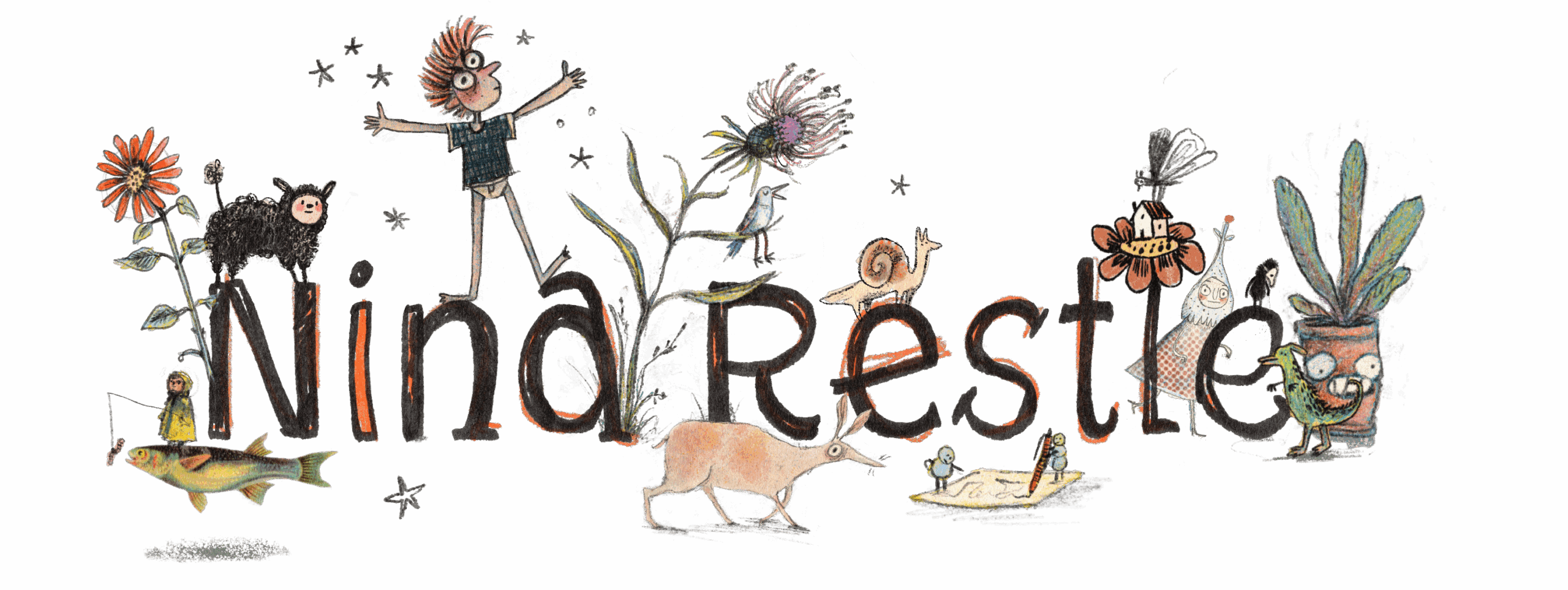Hello, welcome to my Homepage!

Oh, the summer time is coming,
And the trees are sweetly blooming,
And the wild mountain thyme
Grows around the blooming heather.
* Will you go, lassie, will you go?
And we'll all go together
To pull wild mountain thyme
All around the blooming heather,
Will you go, lassie, go?
I will build my love a bower
By yon clear and crystal fountain,
And all around the bower,
I'll pile flowers from the mountain.
I will roam the country o'er
Through that dark land so dreary;
And all the spoils I find,
I'll bring to my darling dearie.
If my true love, she won't have me,
I will surely find another
To pull wild mountain thyme
All around the blooming heather.
Oh, the summertime is coming
And thre trees are blooming
And the wild mountain thyme
Grows around the blooming heather.
I will roam the country o'er
Through that dark land so dreary;
And all the spoils I find,
I'll bring to my darling dearie.
If my true love, she won't have me,
I will surely find another
To pull wild mountain thyme
All around the blooming heather.
Oh, the summertime is coming
And thre trees are blooming
And the wild mountain thyme
Grows around the blooming heather.
The original version of the song, published in 1957, closely paraphrases the Tannahill version, which was published posthumously in 1822.[1] Tannahill's original lyrics include a number of phrases that McPeake carried over into his song, including the lines "Let us go, lassie, go" and "And the wild mountain thyme" as he rewrote the song.[9][10][11][12][13]
In her book Fragrance and Wellbeing: Plant Aromatics and Their Influence on the Psyche, author Jennifer Peace Rhind describes "Wild Mountain Thyme" as essentially a love song, with the line, "Wild Mountain Thyme grows among the Scottish heather" perhaps being an indirect reference to the old custom of young women wearing a sprig of thyme, mint or lavender to attract a suitor.[14] Rhind also notes that, in British folklore, the thyme plant was the fairies' playground and often the herb would be left undisturbed for their use.[14]